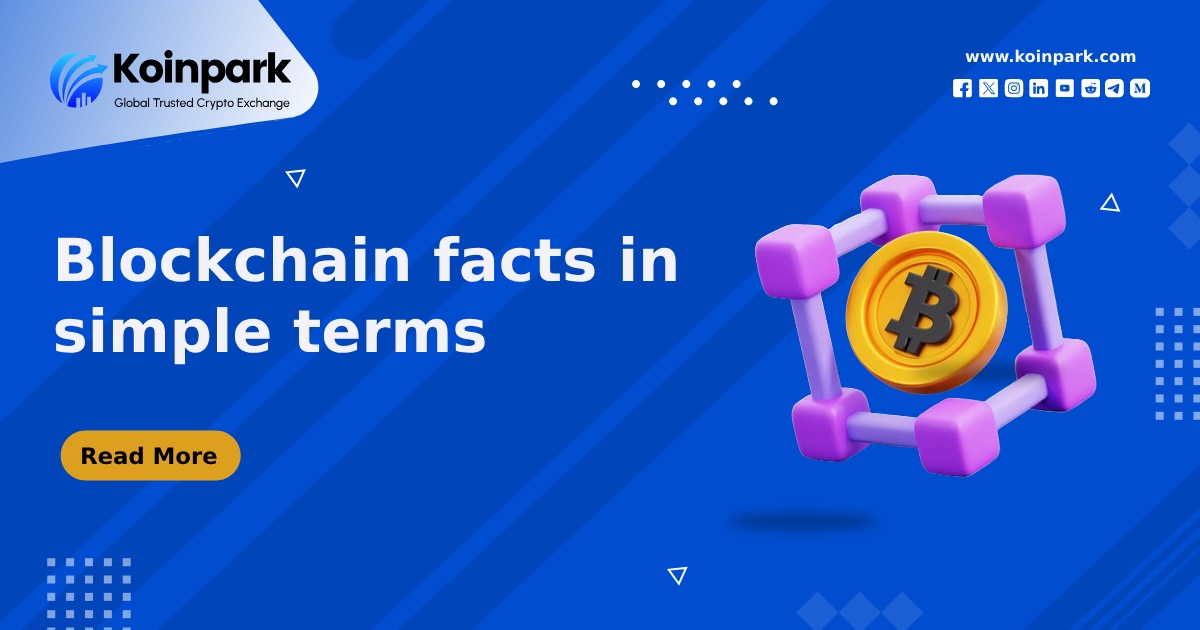Blockchain technology is a revolutionary concept, representing a distributed ledger system that has transcended its initial association with cryptocurrencies like Bitcoin (BTC to INR). At its core, a blockchain is a decentralized database shared across a network of computers, fundamentally altering the way information is stored and accessed. Unlike traditional databases, which rely on a centralized authority for control and validation, blockchain operates through a network of nodes, each maintaining a copy of the database.
The beauty of blockchain lies in its immutability—once data is recorded on a block, it becomes virtually impossible to alter. This attribute eliminates the need for intermediaries, such as auditors or centralized authorities, thereby reducing costs and minimizing the risk of errors.
Cryptocurrency enthusiasts are familiar with blockchain's role in facilitating secure and transparent transactions. However, its applications extend far beyond the realm of digital currencies. From decentralized finance (DeFi) platforms to non-fungible tokens (NFTs) and smart contracts, blockchain technology has ushered in a new era of innovation across various industries.
How does blockchain actually work?
Picture it as a giant spreadsheet, with each block representing a cell containing transactional data. These blocks are linked together using cryptographic techniques, forming a chain that ensures data integrity and security.
Transactions on a blockchain undergo a specific process, depending on the network they're executed on. For example, on the Bitcoin blockchain, initiating a transaction involves sending it to a memory pool, where it awaits validation by miners. Once included in a block, the transaction undergoes encryption, with miners competing to solve complex mathematical puzzles to add the block to the chain—a process known as proof-of-work.
The decentralized nature of blockchain ensures that no single entity has control over the network, fostering trust and transparency among participants. Whether it's knowing how to buy bitcoin in India or executing a cross-border transaction on a global cryptocurrency exchange, blockchain technology provides a secure and efficient means of exchanging value.
It's important to note that not all blockchains operate in the same manner. For instance, the Ethereum network employs a different consensus mechanism, relying on validators to confirm transactions. This approach offers faster transaction speeds and consumes less energy compared to Bitcoin's proof-of-work model.
In essence, blockchain technology represents a paradigm shift in how we perceive and interact with data. With its decentralized, immutable, and transparent nature, blockchain has the potential to revolutionize countless industries, driving innovation and reshaping the future of finance, commerce, and beyond.
To start trade bitcoin click here: BTC to INR
To Visit trusted exchange click here: global crypto exchange
Read and learn more about how to buy bitcoin in 2024


No comments yet